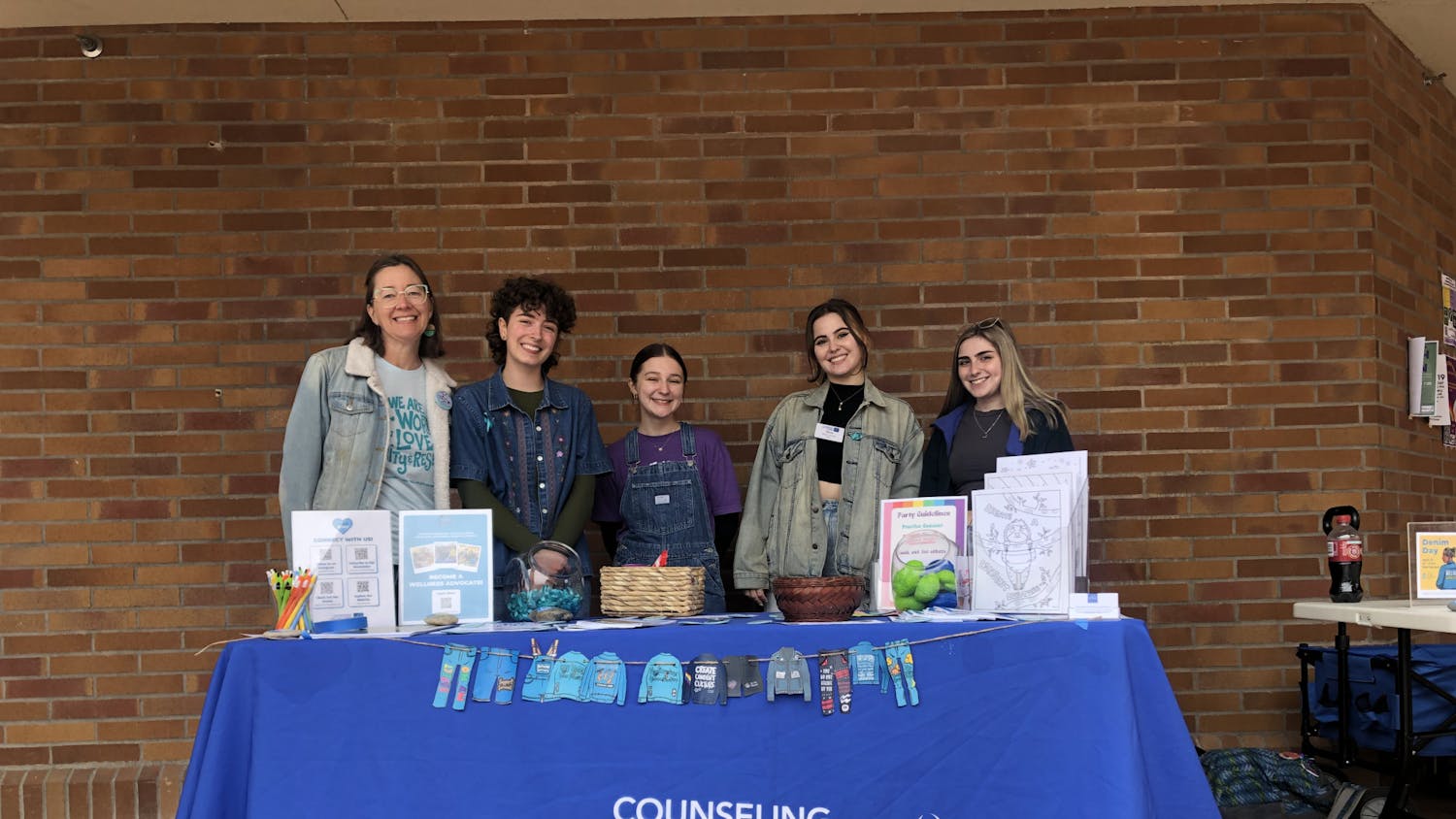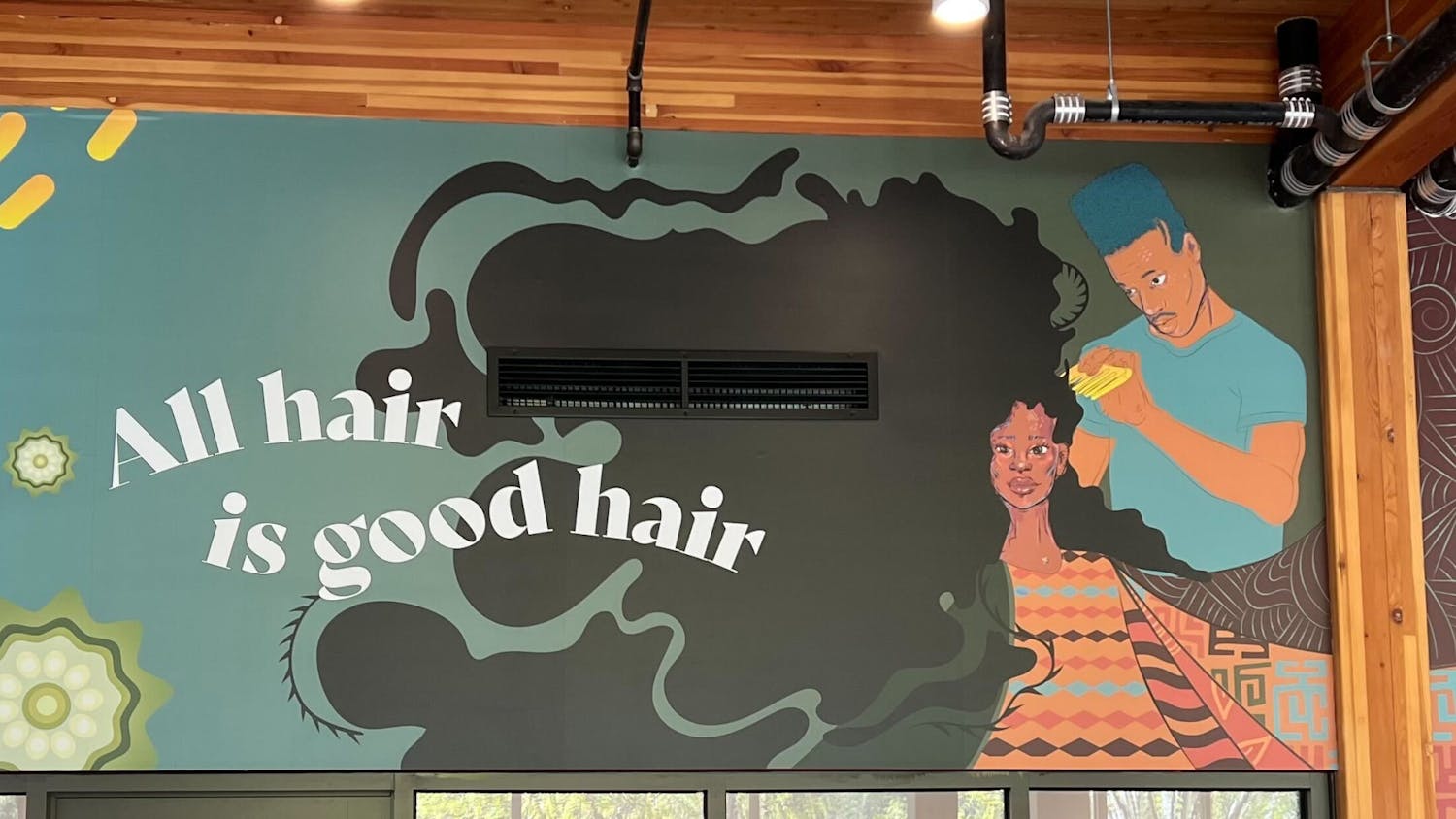Students say presenting the play could contradict the department’s recent diversity and inclusion efforts

By Emily Feek
Amid conversations about diversity, equity and inclusion, Western Washington University theater students are challenging the College of Fine and Performing Arts to also include gender and sexual diversity in light of the decision to present “No Exit” in the fall.
“No Exit,” a 1944 existentialist play by Jean-Paul Sartre, is about three people trapped in a room in hell together. While the play is a classic historical piece, third-year Western student Katie Ginther, who started the petition, said she was concerned because it contains harmful depictions of women and lesbians.
One of the main characters, Estelle, spends most of the play begging a man for attention. The other female character, Inez, is a lesbian who lusts after Estelle and makes unwanted advances throughout the play, promoting the stereotype that lesbians are predatory, according to the petition.
“Theater makes people uncomfortable because it usually is about holding a mirror up to society and critiquing ourselves,” Ginther said. “I think this play is an inaccurate discussion written by someone that doesn’t have experience as a woman or as a lesbian. It’s inaccurate, and it’s critiquing the wrong things.”
Ginther, a student leader in the department, brought her concerns to department faculty in a meeting on March 11. She initially wasn’t going to create a petition, but Theatre and Dance Chair Rich Brown suggested she create one to bring to the next department meeting for further discussion, Ginther said.
“I don’t want any of this to seem like an attack,” Ginther said. “I wasn’t originally going to do a petition because I didn’t want to have that attack mindset. A lot of people were telling me, ‘If you make a petition, I’d sign it.’ I was also trying to get people at that time to email professors and tell them about their discomfort.”
The petition was created by a dozen students who met and discussed the play, Ginther said. It outlines student concerns and provides alternative suggestions for low-budget historical pieces with small casts to meet the show criteria.
Additionally, the petition provided suggestions for how to best present the play if an alternate production isn’t selected. These suggestions included providing clear content warnings and hosting a discussion panel after the show hosted by LGBTQ+ people and women.
“When you’re having inappropriate portrayals of gender and sexuality, you need to have those conversations,”Maddie LeFever,a second-year student, said. “Adding these compromises was just a no-brainer. We needed to do that.”
Students were also concerned that audience members may take the show at face value if they don’t host a discussion about the show’s message and depictions — which could further perpetuate the predatory lesbian trope the play presents, LeFever said.
Beyond the stereotypes, the play is set in an isolated room in purgatory, which hit home because of the pandemic.
“It’s set in this one room, this space that they can’t leave, and they’re trapped there because it’s this purgatory hell place,” third-year student Katie Glasser said. “Having just come out of all this quarantine and isolation the past year now, that seems like a really intense place to put yourself emotionally as an actor.”
The petition was submitted on March 16 with about 175 signatures, Ginther said. Now, the students involved in the petition are waiting for the ongoing faculty discussions to resume. The department hasn’t made a decision or statement yet.
“Our first step was to gather information regarding our students’ concerns regarding ‘No Exit,’” Brown said in an email. “Now that we’ve heard those concerns, we are considering next steps. We were able to meet once during finals week and will continue meeting and discussing our first week back from spring break.”
Both Brown and theater professor Evan Mueller, who is scheduled to direct the play, were unavailable for further comment until a decision has been made.
For some students, the conversations with faculty are about more than the final decision on whether “No Exit” is performed. This is the case for second-year Aidyn Stevens, a theater major and student senator for the College of Fine and Performing Arts.
The discussions around “No Exit” are also about student engagement and the decision-making processes within departments, Stevens said.
“I see this event as being another example of why students need to be more engaged in these processes of the things that are being created for us,” Stevens said. “As a CFPA senator, I consider that campus-wide, but this is a microcosm of this happening in the theater department.”
Glasser shared the view that more student involvement is needed in the department. Students can recommend plays for the upcoming season but don’t have a say in final selection, she said. She hopes more student involvement may come from this discussion.
“This is not just a theater department issue. This is not just something only theater students are allowed to care about,” Stevens said. “Everyone is open to be able to audition for the theater productions, to see theater productions… We’re hoping that this can be seen as something everyone has a stake in and is involved in if they want to be.”
Emily Feek is a journalism student and spring break reporter for The Front. You can contact her at emilyfeek.westernfront@gmail.com or @EmilyFeek on Twitter.





